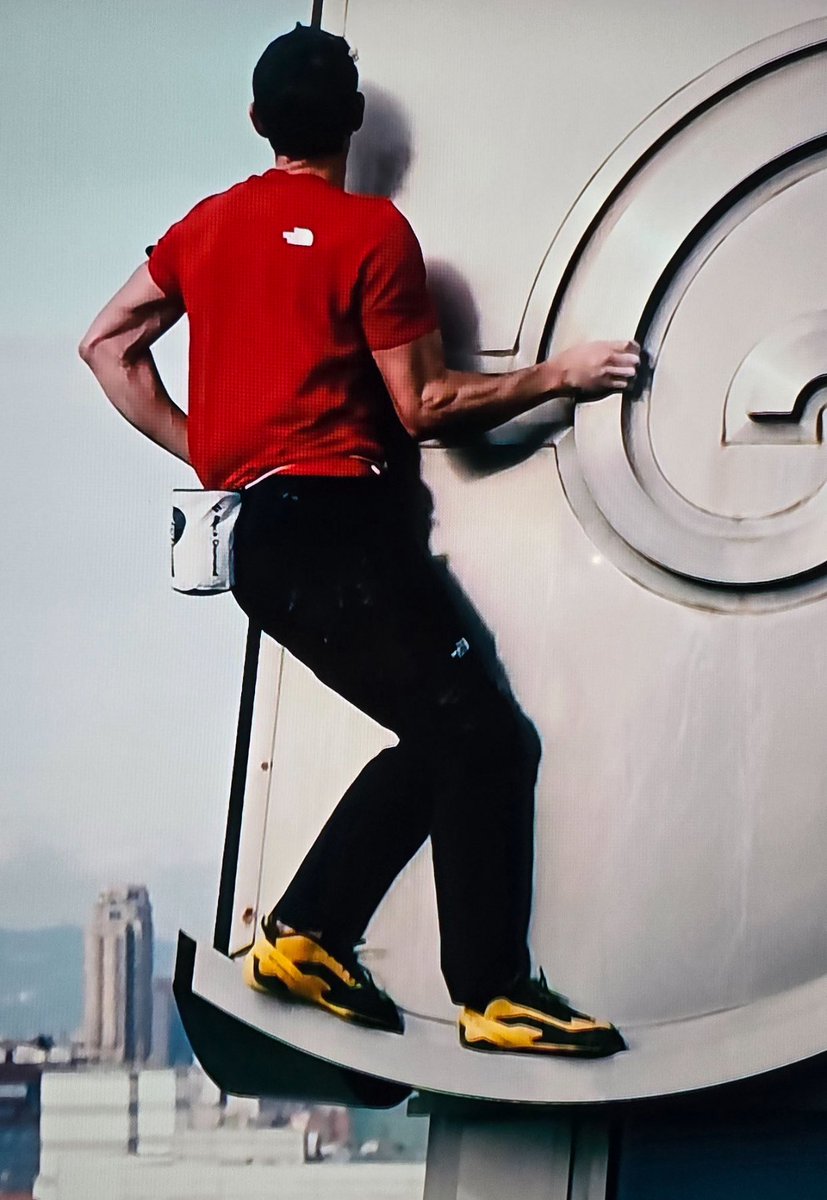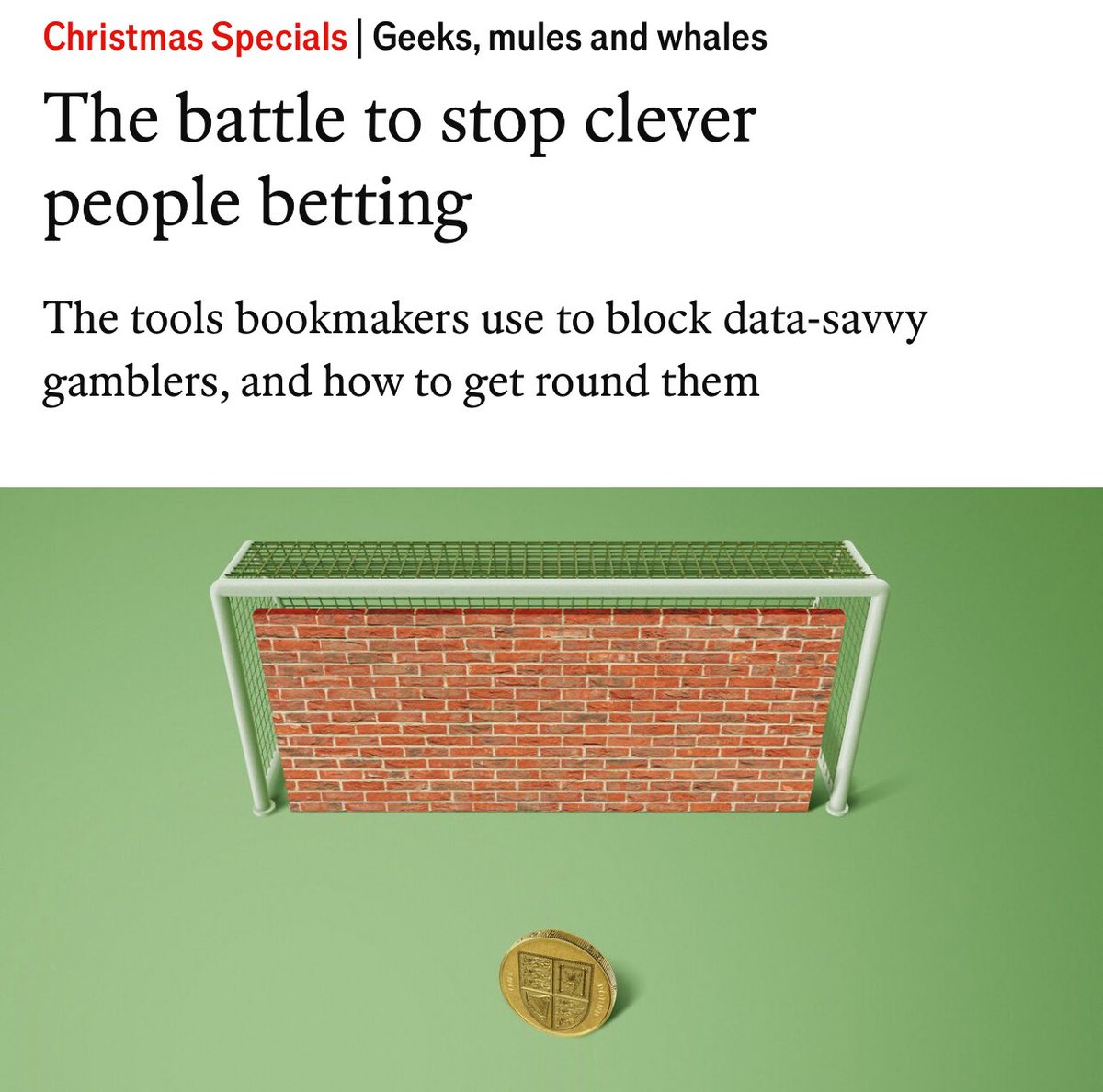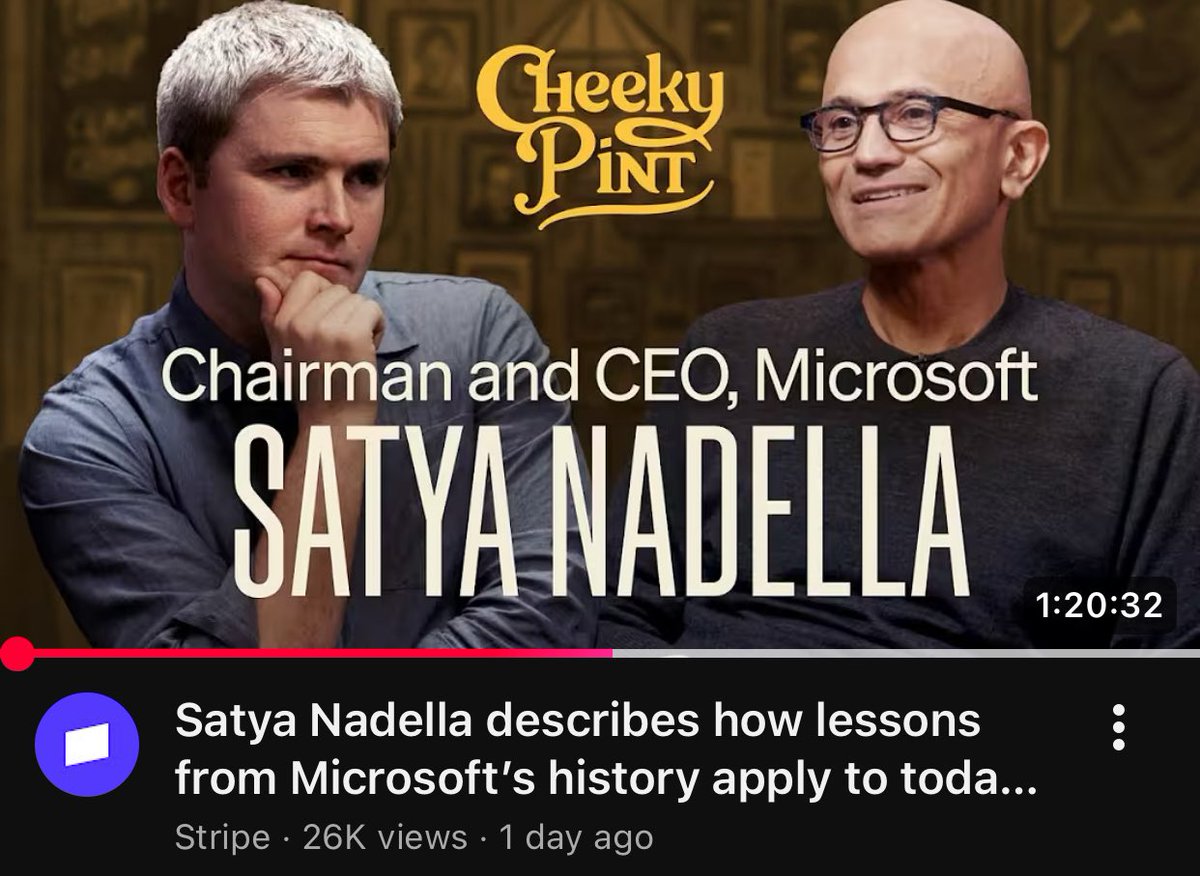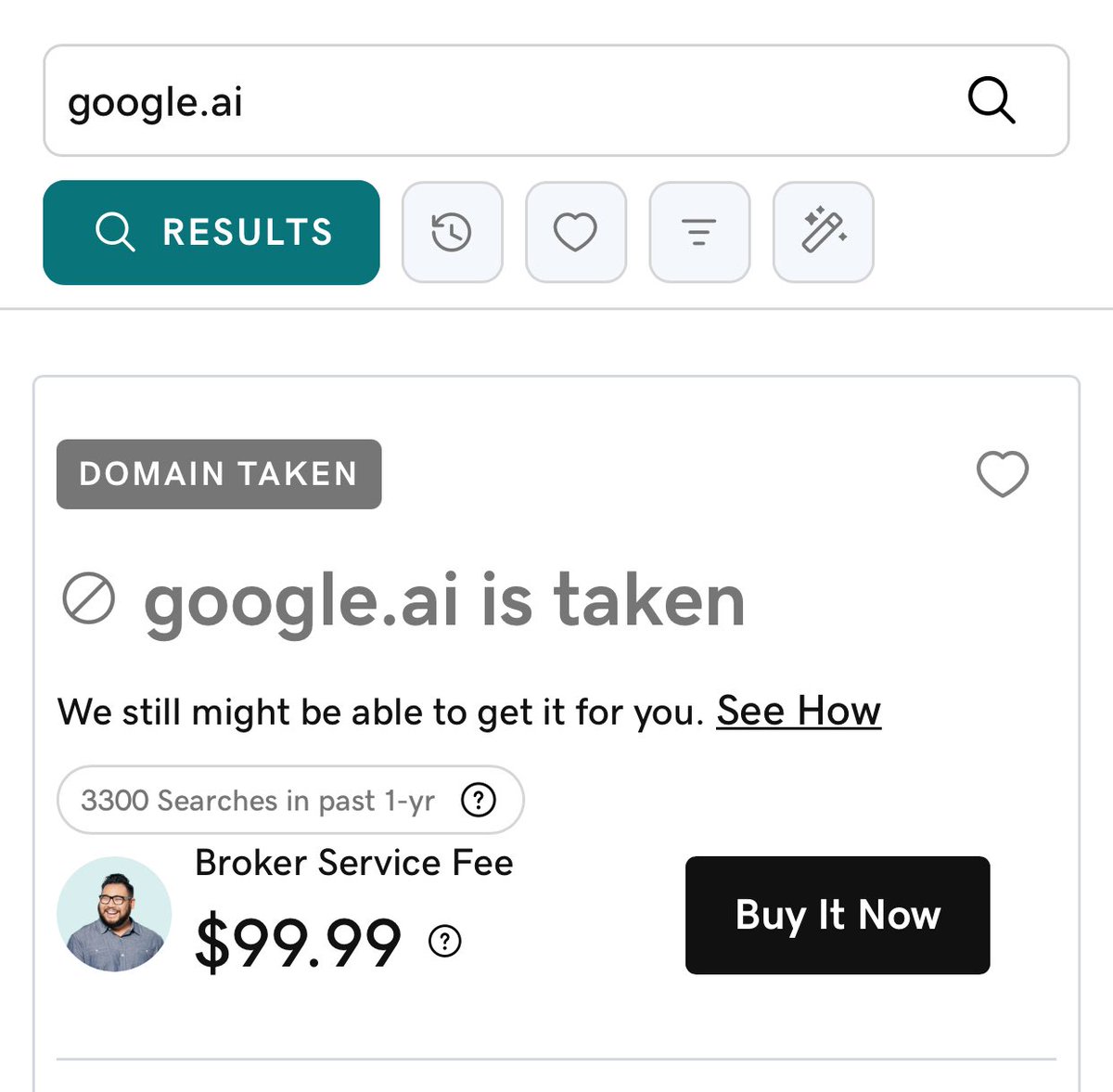Netflix is known for its cutthroat culture and willingness to pay top dollar for superstar talent.
The approach -- first outlined in a famous 2009 slide deck -- is about managing people in creative industries (eg. media, tech) while scaling fast.
These 7 slides explain it 🧵
The approach -- first outlined in a famous 2009 slide deck -- is about managing people in creative industries (eg. media, tech) while scaling fast.
These 7 slides explain it 🧵

1/ Netflix competes in media + tech (knowledge work that often requires creativity).
High-performers in these fields can be 10x better than the average.
In a "procedural" field (manufacturing), the best may only be 2x better (industries that deal w/ atoms are naturally capped).
High-performers in these fields can be 10x better than the average.
In a "procedural" field (manufacturing), the best may only be 2x better (industries that deal w/ atoms are naturally capped).

2/ Most businesses get more complex as they grow.
To deal with this, companies introduce processes (and bureaucracy), which has the adverse effect of driving out creative talent.
To deal with this, companies introduce processes (and bureaucracy), which has the adverse effect of driving out creative talent.

3/ In "procedural" industries (e.g., manufacturing), good processes will often make up for a lack of "high-performing" creative talent. 

4/ But during market shifts, process-driven companies are ill-prepared to change or adapt.
Netflix competes in fast-moving industries (tech, media) that require creativity, innovation and quick adaption. It needs the right talent to manage the market shifts.
Netflix competes in fast-moving industries (tech, media) that require creativity, innovation and quick adaption. It needs the right talent to manage the market shifts.

5/ Netflix's ongoing challenge is to scale its business and deal with complexity WITHOUT bringing in more processes.
To do that, Netflix needed to staff with lots of A+ creative talent.
It does so by offering:
◻️ Top-of-market comp
◻️ Tons of freedom
To do that, Netflix needed to staff with lots of A+ creative talent.
It does so by offering:
◻️ Top-of-market comp
◻️ Tons of freedom

6/ The flipside of the coin is that if an employee doesn't fit, they'll quickly be dropped...as famously highlighted in this slide: 

9/ Whatever you think of the strategy, it produces results (and your prob a customer):
◻️ successful transition from DVD to streaming
◻️ creation of original IP
◻️ from 2k to ~10k employees
◻️ subscribers 20m --> 200m+
◻️ market cap $2B --> $200B+
◻️ successful transition from DVD to streaming
◻️ creation of original IP
◻️ from 2k to ~10k employees
◻️ subscribers 20m --> 200m+
◻️ market cap $2B --> $200B+
10/ Here's a final stat of note: Netflix’s revenue per employee is $2.6m.
More than:
◻️ Apple ($2m)
◻️ Alphabet ($1.4m)
◻️ Microsoft ($877k)
(Apple obvi crushes profits and FCF, though)
More than:
◻️ Apple ($2m)
◻️ Alphabet ($1.4m)
◻️ Microsoft ($877k)
(Apple obvi crushes profits and FCF, though)

11/ If you enjoyed that, I write threads breaking down tech and business 1-2x a week.
Def follow @TrungTPhan to catch them in your feed.
Here's one you might like:
Def follow @TrungTPhan to catch them in your feed.
Here's one you might like:
https://twitter.com/TrungTPhan/status/1474064372079075330?s=20
12/ PS. I also write a weekly Saturday email with insightful insights and really dank memes: trungphan.substack.com
13/ Link to the 120-slide doc on SlideShare.
Looks like it was actually posted by Reed Hasting in August 2009 under the title "Minimize Complexity Growth":
slideshare.net/reed2001/cultu…
Looks like it was actually posted by Reed Hasting in August 2009 under the title "Minimize Complexity Growth":
slideshare.net/reed2001/cultu…
15/ Here’s one more Netflix thread for ya
https://twitter.com/TrungTPhan/status/1445768087832182796
• • •
Missing some Tweet in this thread? You can try to
force a refresh


















